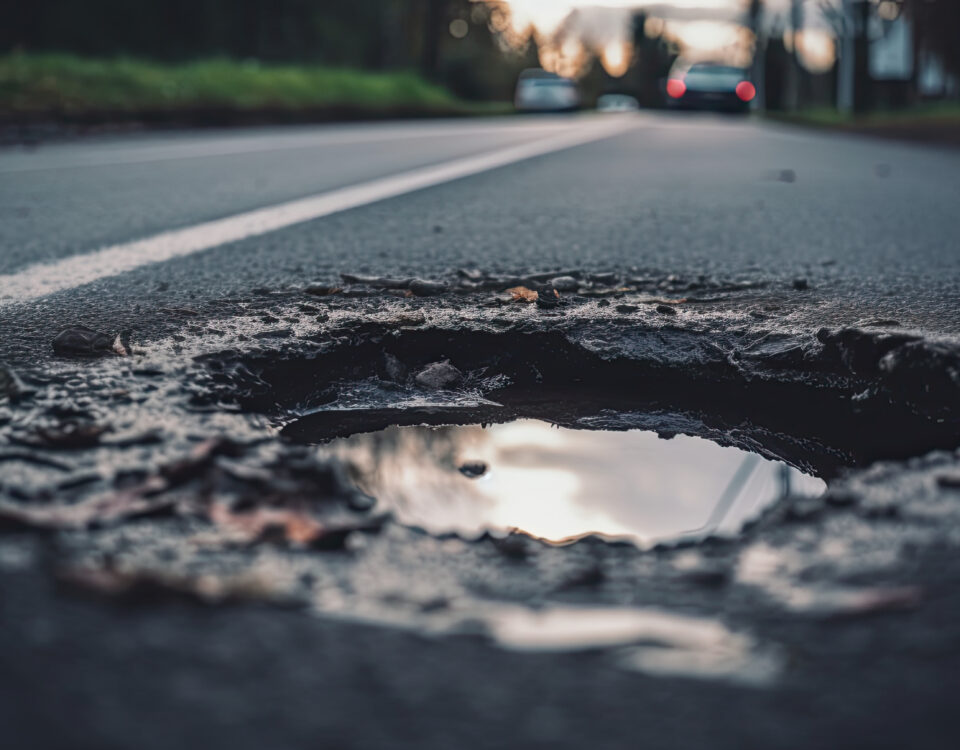How Car Maintenance Improves Fuel Efficiency
February 9, 2016End the Frustration of Foggy Headlights
February 23, 2016
Listen for Car Trouble
- A sharp, shrill squeal, which increases in intensity as the engine revs, is usually caused by a loose or worn air conditioning belt, fan belt or power steering belt.
- If you hear a sharp click related to vehicle or engine speed, you could be looking at a loose wheel cover, bent fan blade, stuck valve lifter or low engine oil.
- A high-pitched, piercing screech, which usually occurs when the vehicle is in motion, probably means your brakes need maintenance. Brake wear indicators produce this noise to bring your attention to the excessive wear.
- Does your car make a low-pitched, rhythmic rumbling sound? The exhaust pipe, converter or muffler could be defective, or the universal joint or another drive-line component could be worn.
- If you hear a high-pitched metallic tap or ping when the engine revs, you could be using gas with a lower octane rating than the manufacturer recommends. Check the owner’s manual and adjust the gas you use to hopefully correct the problem. If the noise persists, engine ignition timing could be off.
- Do you hear a heavy, rhythmic pounding when you drive around? Your car could have a worn crankshaft or connecting rod bearings. A loose transmission torque converter can also cause this noise.
- Random clunking could indicate a loose shock absorber or other suspension component. A loose exhaust pipe or muffler could also make clunking sounds.
Sniff Around for Car Trouble
- Does it smell like someone brought burned toast into the car? This light, sharp odor could indicate burning insulation from an electrical short. Limit driving your car to the bare necessities until you can have the problem diagnosed.
- The pungent smell of rotten eggs could mean something is wrong with the catalytic converter or other emission control device. Don’t delay having a rotten egg smell diagnosed and repaired.
- A thick, caustic odor typically indicates oil is burning. Look for signs of a leak and have it repaired.
- If your car won’t start and you notice the smell of gasoline vapors – like the ones you smell at a gas station – your engine may be flooded. Wait a few minutes and try starting the car again. If the smell lingers, there’s probably a leak in the fuel line. This potentially dangerous problem needs immediate attention.
- The smell of burning resin or a chemical odor could mean your clutch or brakes are overheating. This is most common when you hard brake going down steep mountain roads. Put your car into a lower gear when traveling down steep grades to help prevent this. If you see light smoke coming from a wheel, the brake is stuck. Have your car towed to Scott’s Fort Collins Auto for repair.
- A steamy, somewhat sweet odor could signify a coolant leak. Watch your temperature gauge and engine warning light as you drive carefully to a service station. If you have a container of properly mixed coolant in the car with you, pour some through the top of the radiator to help you reach Scott’s Fort Collins Auto before the engine overheats.
With this information in mind, you don’t have to wait until you see smoke billowing from the engine to take action. Bring your car to Scott’s Fort Collins Auto for emergency repair or routine service whenever you need it. You can contact us online or call us at (970) 682-4202 to schedule an appointment.



